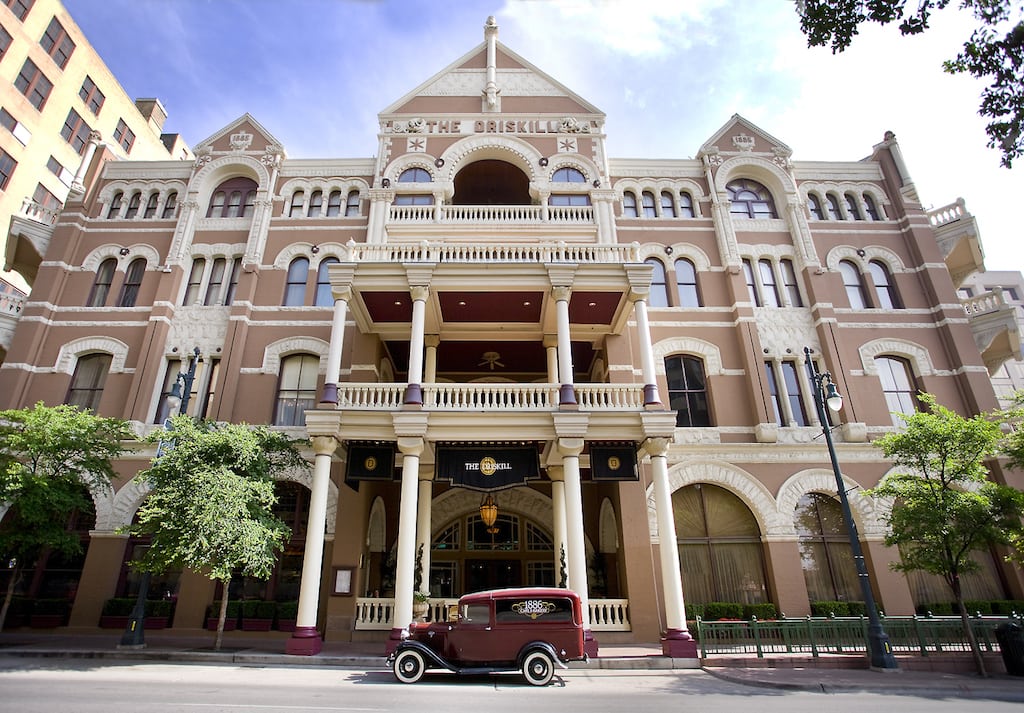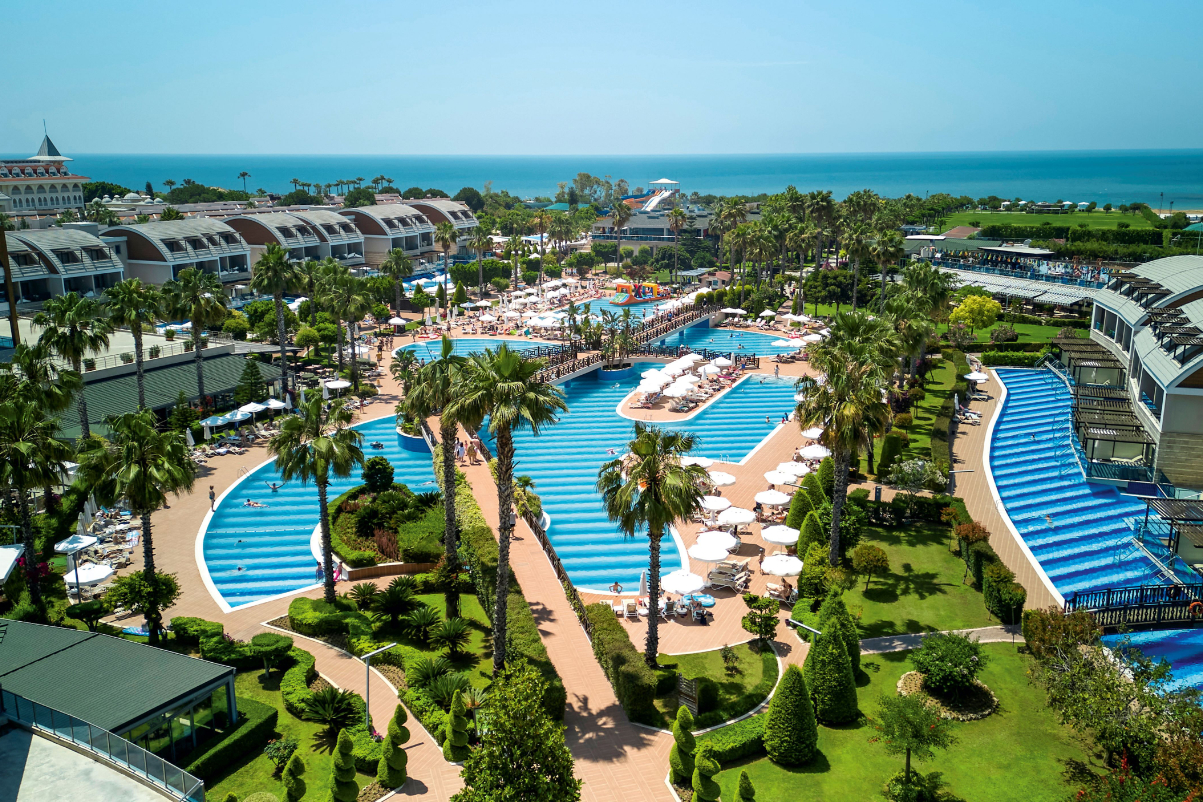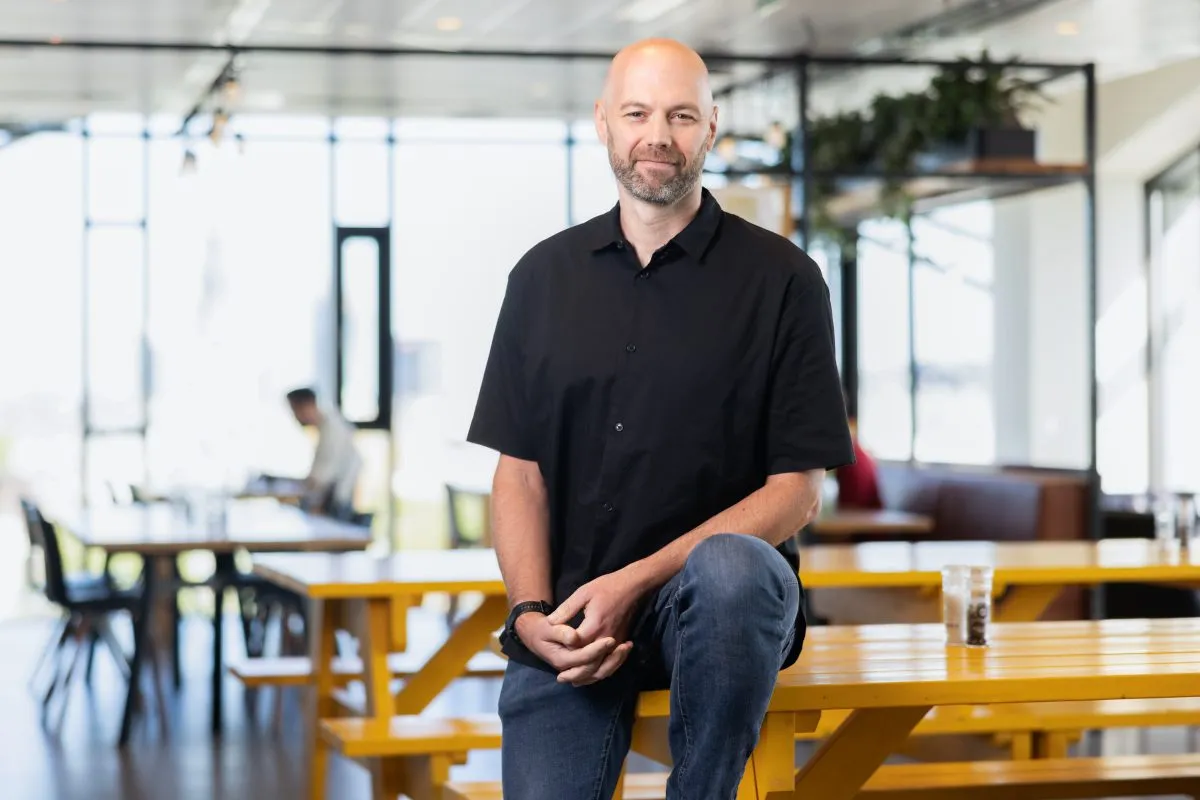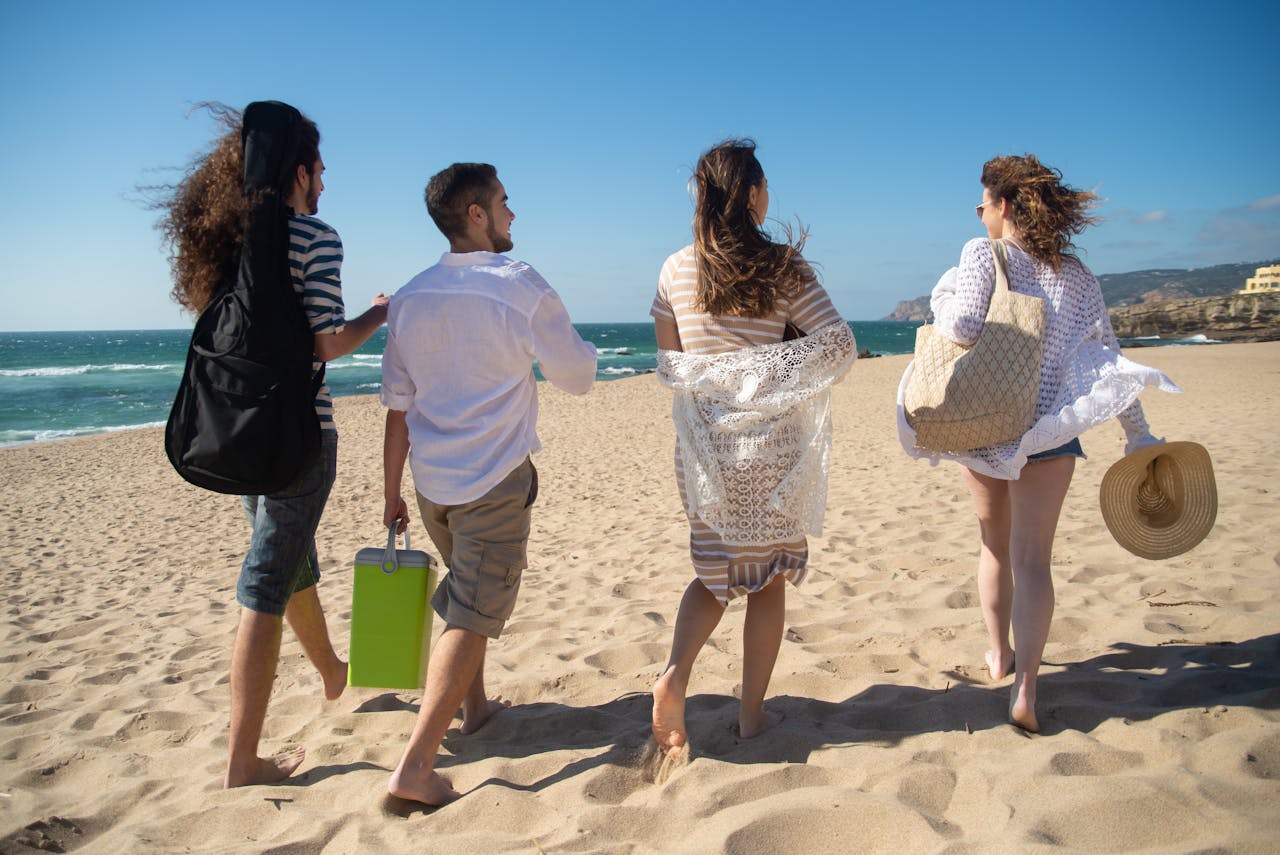Hyatt Hotels Launches Its New Brand: The Unbound Collection

Skift Take
Hyatt Hotels is answering growing consumer demand for more independent-minded travel and hospitality experiences with a new soft brand: The Unbound Collection by Hyatt.
As such, the hotels in the group will retain their autonomy and independent identities, but they will now be integrated into Hyatt's distribution system, loyalty program, and marketing outreach. This provides Hyatt a way to easily expand its portfolio of product offerings in partnership with owners who don't have to change their operations or appearance to any significant degree.
Other legacy hotel companies have similar brand verticals such as Marriott's Autograph Collection, Hilton's Curio, and Starwood's partnership with Design Hotels.
"The use of 'Unbound' is really derived from the notion of freedom," says Maryam Banikarim, CMO of Hyatt Hotels. "Freedom for owners to be able to continue to operate the way that made them successful, and freedom for consumers to experience travel the way they want, but supported with Hyatt's level of service consistency."
>>Related: Skift CMO Interviews: Hyatt Hotels CMO on Engaging Consumers on Their Own Terms
The first four properties in The Unbound Collection by Hyatt are: The Driskill Hotel in Austin; Hôtel du Louvre in Paris; Carmelo Resort & Spa in Carmelo, Uruguay; and Coco Palms Resort in Kauai. The Hawaii property will be undergoing a comprehensive renovation with reopening scheduled in 2018.
This new Unbound Collection brand doesn't come as a complete surprise. Hyatt purchased The Driskill in early 2013 and didn't rebrand it, while stating publicly that a potential soft brand was under consideration.
According to Banikarim, there are two primary brand pillars that define The Unbound Collection and differentiate it from the other soft brands.
One, every hotel will be a full-service luxury property required to maintain Hyatt's brand standards in terms of service delivery and maintenance. Two, all of the hotels will have a strong storyline and a unique personality specific to their destination.
Based on that criteria, some of the hotels in Curio wouldn't fit in Unbound. The Diplomat Resort in Florida, for example, is an upscale property but it's a big corporate box to its core. Likewise in the Autograph Collection, the Annapolis Waterfront hotel is not a luxury property but it does help define the destination.
If Hyatt can maintain the character and cachet of its first four properties as it scales, and maintain the more approachable luxury price point that it seems to be setting as a precedent, then The Unbound Collection should evolve into its own comfortable niche in the marketplace.
Supporting that strategy of prioritizing luxury hotels with a colorful storyline, Hyatt wants to partner with properties that perform well on Instagram.
"Social currency is a big factor, so The Driskill in Austin for example has many legendary stories there, going back to the days of cattle barons and frontier gamblers," says Banikarim. "If you stay there, all of this history makes for really good cocktail conversation, and it's the kind of thing that generates word-of-mouth and social. People want to share their travel experiences on social media today, so this brand was actually developed to respond to that need, and therefore we're working with properties that can generate that."
Will Hyatt Move Into River Cruising?
Another potentially interesting differentiator in the future, The Unbound Collection could include non-hotel products such as river cruising and alternative accommodations. Nothing has been officially decided, Banikarim told Skift, but it's something Hyatt is seriously exploring.
In terms of the brand positioning, both Banikarim and Hyatt CEO Mark Hoplamazian in the video below emphasize the Unbound Collection brand assets as experiences, versus hotel buildings. Even though the experiential travel theme is a bit of a cliche, it does open up the brand to a wide range of new travel narratives beyond hotel rooms.
There could be an Unbound river cruise between two Unbound apartments in Lyon and Avignon, for example. Or an Unbound safari camp or Unbound polar expedition. There's some great owned content opportunities here.
"This is going to be a collection of stays versus a collection of hotels, so when you think about what consumers are looking for, they're looking for experiences that can include cruises, river barges, etc.," explains Banikarim. "We didn't want to limit this just to hotels. We wanted to construct the brand in a way that would allow super interesting experiences to come into it, and give us the freedom to partner with other people if it makes sense."
So what does that mean, or could mean?
Hyatt invested in the Onefinestay sharing accommodation company last year, so there might be a scenario where luxury homes are embedded in The Unbound Collection. That's purely conjecture but it could be a way for people to experiment with the sharing economy in a legacy brand-supported ecosystem, where they can also accrue points in their loyalty program.
The non-hotel option also positions The Unbound Collection as a brand for Gen Y and Z, which is huge, because it shows the brand as being innovative, flexible, creative, and on-demand.
It also pushes forward the idea of dual-destination experiences easily bookable on one platform, so consumers could create interesting vacation combos packaging together hotel and non-hotel products.
"At the same time, our strategy is that we don't want to be everything to everyone," says Banikarim. "We think there's an opportunity to play in a particular part of the luxury market in new ways and really over deliver on that. That's been Hyatt's strategy from the beginning, and we're really not veering from that."
Hyatt CEO Mark Hoplamazian explains the brand in the promotional video, below:




